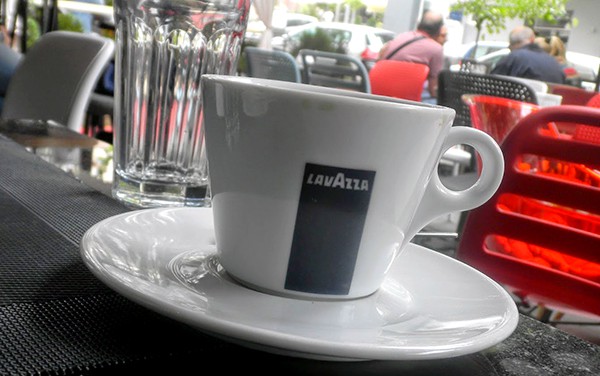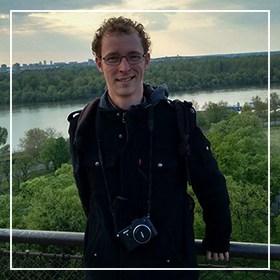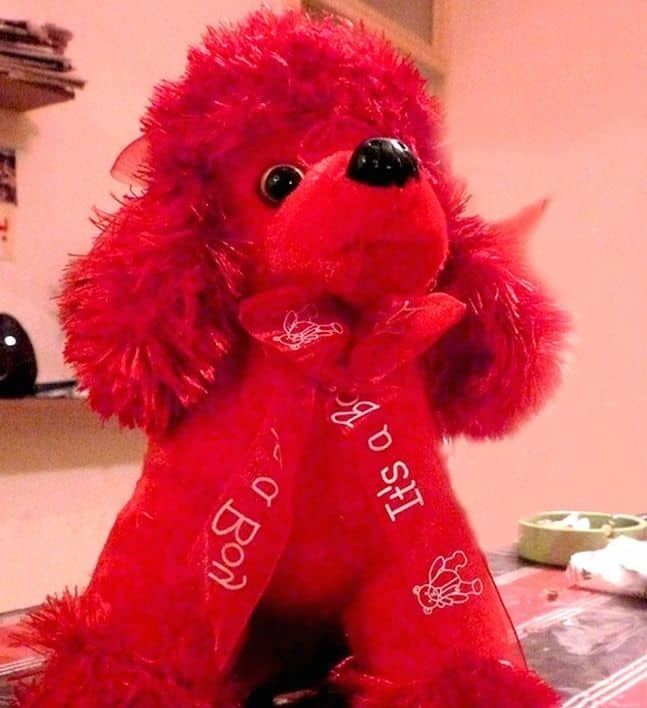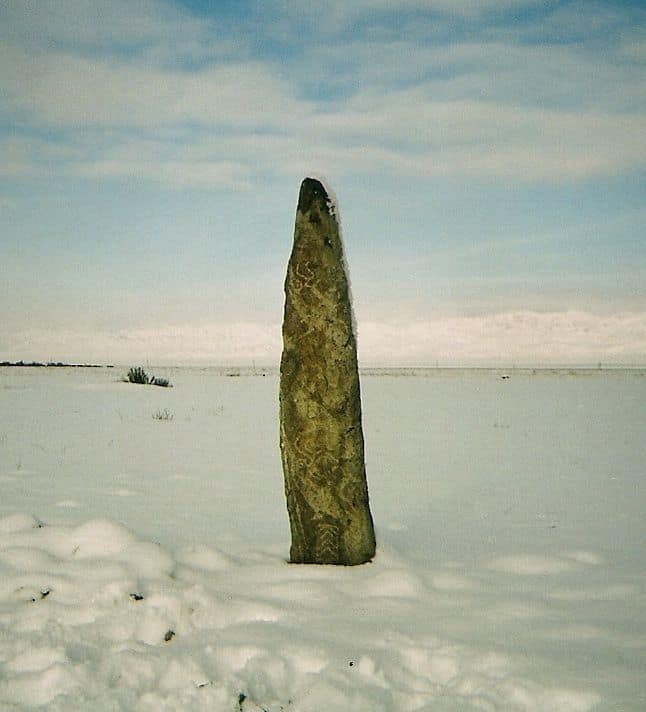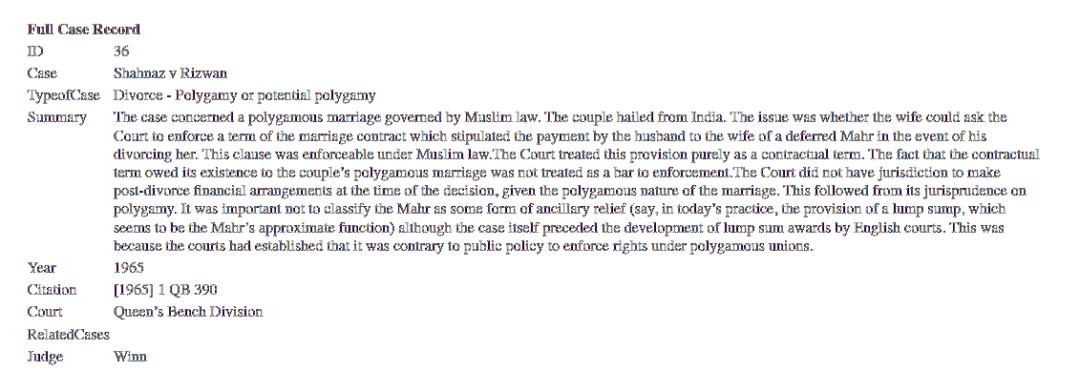Based on Feldnotes of Zahir Pajaziti Square, Pristina, Kosovo
It’s cooling down now, and the weather would be pleasant, except the sun’s in my eyes. The time is approximately 7 pm, and I’m sitting at a table on the crowded patio of a cafe on Zahir Pajaziti square, a large, concrete public space in Pristina dedicated to a deceased Kosovo Liberation Army commander. Grimacing in the light, I order a small macchiato (makiato e vogël), thinking “at least the coffee looks nice” and, with my heart-rate accelerating, I look attentively over the patio. Who’s here, what are they doing, what’s the cafe like, what’s happening? Upbeat electronic music plays in the background, while the waiters, dressed sharply, serve a mixture of makiatos, ice cream, and juices. Many of my fellow patrons at this particular cafe seem to be of middle class backgrounds, with most people sitting in groups of 2 to 6, sometimes more. To my left, I see a group composed of two young men, two young women, and their children relaxing. They are having a political discussion, with words such as “Amerika” and “Thaçi,” Kosovo’s current prime minister, being accompanied by snorts of amusement.
Clear as the cloudless, slowly darkening sky, I feel like an outsider in this cafe, while the people lounging in front of me are enjoying their evening. Although I have made several friends and acquaintances here, I remain alone in this moment and isolated from the discussion I am watching.
Additionally, while my knowledge of Pristina’s dominant language, Albanian, has improved, I still cannot quite grasp everything that is being said. Just beginning my fieldwork, I then inhabit a weird nether-world where I understand just enough to describe but barely enough to perceive. However, I adapt by noting the scene’s other aspects, such as the appearance of patrons, the types of items consumed, and the cafe’s own character. In effect, my fieldwork on rhetoric and politics in Pristina is also very much about space, perhaps even more than before my arrival.
Recalling Weszkalnys’s ethnography of Berlin’s Alexanderplatz, spaces such as cafes, and interactions within them, are very much intertwined. Indeed, from what has been explained to me in Pristina, humour, irony, cursing, and other rhetorical devices, are used among personal acquaintances as means of strengthening relationships. These relationships can then be acted upon later in support of a particular goal, such as preserving a political figure’s position within governing institutions. Broader, the debates seen within cafes, virtual media, and other spaces, may then shape a public sphere composed of rhetorical encounters, where, to use Carrithers’ terminology, “agents” attempt to persuade “patients,” not necessarily as part of democratic discussion. However, these thoughts are based on merely my first month in Pristina, with a whole year to go.
As I sit silently in this cafe, slowly drinking my makiato and watching the discussion to my left unfold, I wonder whether I’m actually interpreting what I’m seeing or if I’m simply projecting images.
Chris Diming is conducting field research on political rhetoric, interpersonal networks and urban mobilisation in Pristina, Kosovo, from June 2014 until June 2015. More of his fieldwork experiences are available at his blog at http://chrisinprishtina.blogspot.com/
Works Cited
Carrithers, M. (2009), “Introduction.” in M. Carrithers (ed.), Culture, Rhetoric and the Vicissitudes of Life. Oxford: Berghahn Books, pp. 1–17.
Weszkalnys, G. (2010), Berlin, Alexanderplatz. Oxford: Berghahn Books.

